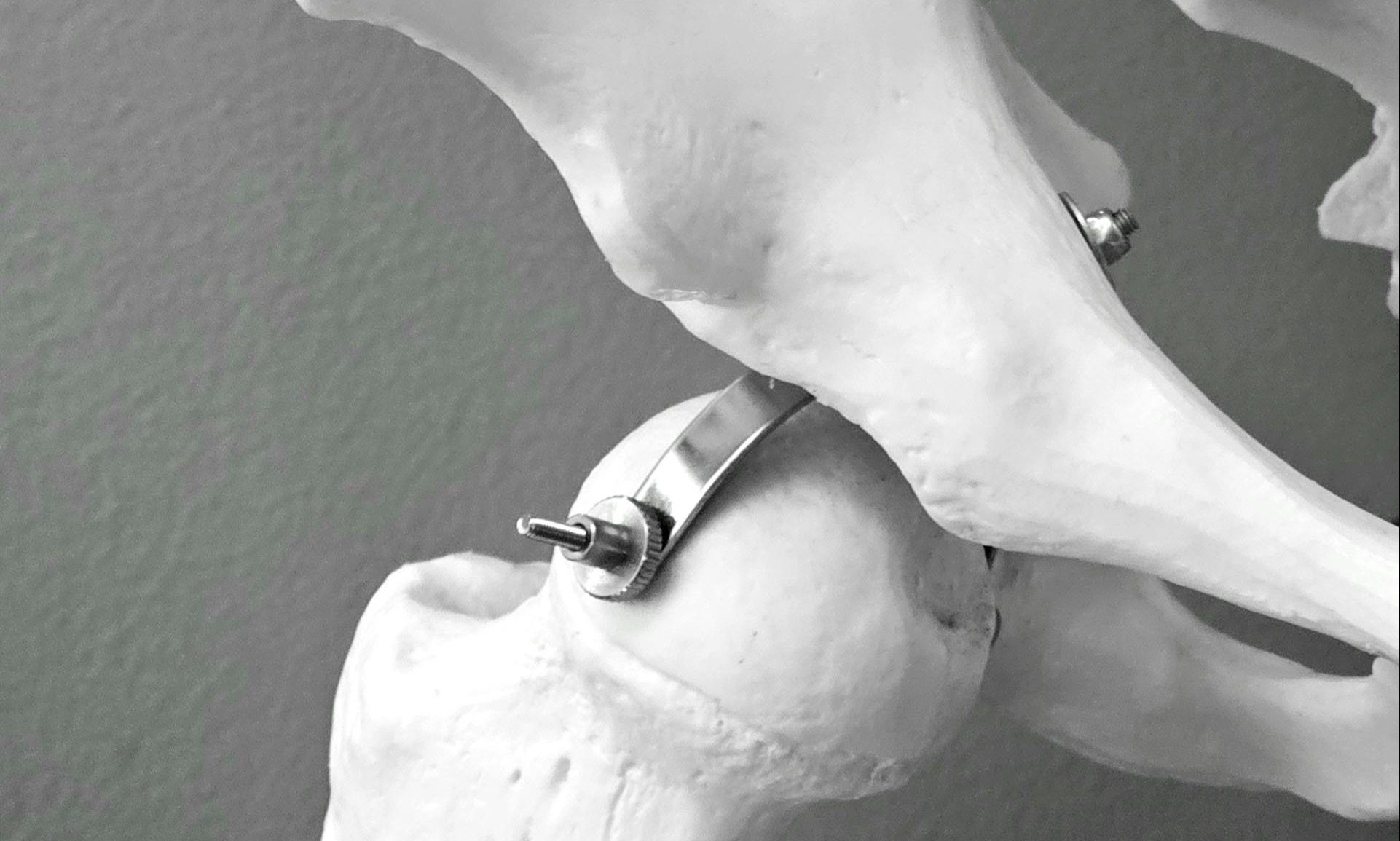Powerlifters gulping protein shakes and bodybuilders devouring steaks, chicken, and high-protein foods is certainly nothing new. Researchers have found that increasing daily protein ingestion combined with resistance training yields gains in lower body muscle strength and lean body mass. Additional research shows that protein intake significantly improves muscle strength when paired with resistance training.
In addition to building muscle, protein helps your bone health and lowers your risk of osteoporosis. Sufficient protein intake reduces the risk of falling and bone fractures. In a hot-off-the-press study, researchers explored how protein impacts bone mineral density. Let’s delve into the brand new research.
What is bone mineral density?

Bone mineral density refers to the amount of magnesium, calcium, and important minerals present in a certain area of your bones. Healthcare providers often use bone mineral density as a predictor of the likelihood of bones breaking or the development of osteoporosis. A higher bone mineral density is a sign of stronger, healthier bones.
The study

In a new study published in Scientific Reports, researchers analyzed the protein intake and bone mineral density of 16,775 American adults of varying ages. Researchers used X-ray scans to assess bone mineral density.
The results

The researchers reported that eating more protein is associated with higher bone mineral density, with variances across different populations. The positive link was especially noticeable for women. The researchers pointed out that this study highlights a need for more personalized dietary and protein guidelines.
Improving bone density with resistance training

Staying dedicated to your resistance training through all phases of life helps you improve your bone density and reduce your risk of falling and injuries. Consuming sufficient protein along with strength training yields the best results when it comes to your bone health. In another study, researchers found that moderate-intensity resistance training was superior for improving lumbar spine bone mineral density and femoral neck bone mineral density, in particular.




